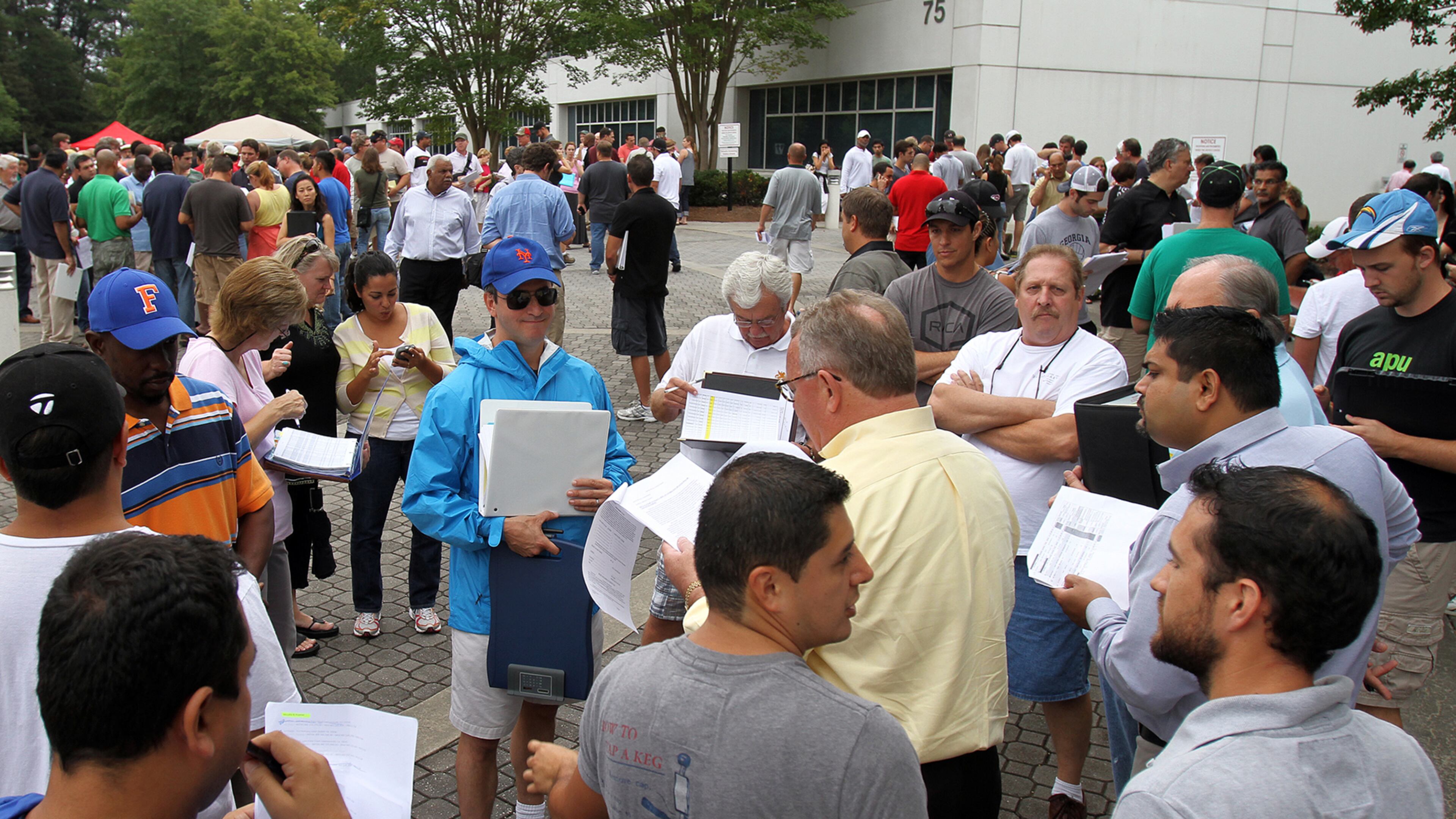Foreclosures too easy, Georgia Supreme Court says

Foreclosures in Georgia are too easy, the state Supreme Court said Monday, but it added in a ruling that changing the process is up to the legislature and not the court.
The ruling, which came in the case of a pair of Suwanee residents who lost their home, effectively upheld the status quo and disheartened activists who had hoped the court would declare some practices illegal.
“(T)he continued ease with which foreclosures may proceed in this State gives us pause, in light of the grave consequences foreclosures pose for individuals, families, neighborhoods, and society in general,” the court said. But the decision said the court’s concerns “do not entitle us to overstep our judicial role, and thus we leave to the members of our legislature, if they are so inclined, the task of undertaking additional reform.”
It’s unclear if the ruling will prompt legislation. Lt. Gov. Casey Cagle said he will give the issue “proper consideration” before next winter’s session. “I’m confident the Senate will take appropriate action, if necessary,” Cagle said.
Georgia was battered by the foreclosure crisis that followed the housing bust, with thousands of repossessed homes on the market driving down values for all homeowners. The number of foreclosures has abated this year, but the effect lingers.
At question in the case, You vs. JP Morgan Chase, was what information is necessary to foreclose on a home, and whether homeowners have to be informed who actually owns their mortgage.
The court rejected the plaintiffs’ contention that the Suwanee foreclosure was illegal because JP Morgan Chase only held the deed to the property, and not the promissory note that lays out loan terms. The suit claimed that made it impossible for the homeowners — who acknowledged not making payments — to successfully renegotiate their loan.
The court said only the deed is necessary to foreclose. Additionally, the court said a homeowner does not have to be told who owns the loan. It only requires the foreclosure filing list someone who can renegotiate.
Although many foreclosure filings list the name of a mortgage servicer, those servicers often do not have the incentive or the authority to modify a loan, said David Ates, an attorney for Suwanee residents Chae Yi You and Chur K. Bak in the suit.
They defaulted on their loan, and the home was sold on the courthouse steps in August 2011. Ates said he expects more people to lose their homes as a result of the ruling.
The ruling “weakens the already scant protections offered by Georgia’s foreclosure law,” said John Bartholomew, an attorney with Atlanta Legal Aid Society’s Home Defense program.
“This opinion ensures that Georgia will remain a state with one of the fastest and least-transparent foreclosure processes in the nation, and that many Georgia homeowners will be foreclosed on without ever getting an honest and accurate answer to the question, ‘What can I do to save my home?’”
But Joe Brannen, president of the Georgia Bankers Association, said the ruling “confirms the process” in place. He does not expect the number of foreclosures to rise as a result.
Bankers and mortgage companies say Georgia’s “non-judicial” foreclosure system, which means the state doesn’t require a court hearing for a lender to finish a foreclosure, is far more efficient than one that requires more court interference.
New requirements, they say, could burden an already strained judicial system and clog up the repossession process, prolonging the damage to the broader housing market. They say homes are foreclosed on because borrowers don’t pay and that the current system encourages compromise.
Critics say the state’s foreclosure process has worked too quickly in some cases — as few as 37 days, according to one group — and led to some residents being unfairly ousted.
Senate Minority Whip Vincent Fort said he’s disappointed the court didn’t require banks to have all the paperwork in order before foreclosing. But he praised its signal to lawmakers to reform the process.
“With foreclosures at a crisis level, the Legislature in fact has gone in the other direction,” he said. “The Supreme Court is exactly right. It’s a scandal, as far as I’m concerned, that we’ve done so little.”
State Rep. Greg Morris, who chairs the House Banking Committee, said there are no easy answers.
“We’re willing to hear any solution that would help. But the only thing that’s really going to help is a growing economy. And that’s the only real answer,” said Morris, R-Vidalia.
Frank Alexander, a real estate law professor at Emory University, said the ruling “doesn’t change the existing Georgia law as much as leave the problem unresolved for the Georgia legislature.”



